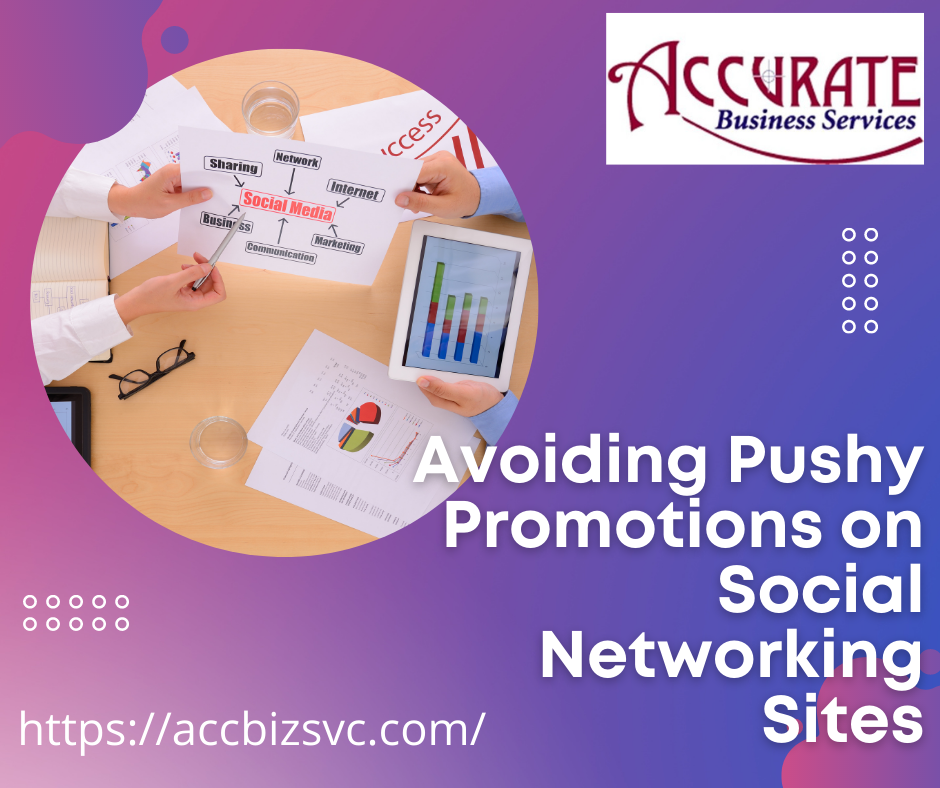When Google recently changed its instant search feature it created lots and has attracted steady criticism from some leading social media users, many of whom believe that it’s too geared towards sales-friendly search terms. While there’s no shortage of differences between the way Google directs its users and the actions of a networking website, similar complaints are growing significantly more common in the social media scene.

For most, it appears to be a reaction against ‘pushiness’ – the willingness of websites and marketers to direct their users down a specific path. Facebook’s sidebar prompts are a frequent target for most complainers – the sidebar boxes appear based on a user’s actions, making it difficult to visit any pages without being prompted to complete a task, often one that’s geared towards an advertisement.
The prompts have appeared on Facebook for some time, but amid recent privacy concerns they’ve grown into a major issue. The end goal of these promotions is to increase interaction – a task that social networking websites are particularly apt at. But when these actions aren’t user-prompted, it becomes difficult to know which interactions are called for by friends, and which are automated.
For social media marketers, the revolt against pushiness could be a blessing in disguise. While users appear to be growing increasingly distrustful of websites such as Facebook and Google, the amount of trust assigned to other users of these websites appears to be fairly consistent. As privacy concern reports continue to put Facebook in the public eye, it’s marketers that appear to be avoiding worry.
There’s a lesson to take from this ‘pushiness revolt’ – Facebook, Twitter, and other social networking websites benefit from a lack of hard sales. Users very rarely enjoy being told what to do, and they’re particularly reluctant to completely predefined actions at the request of a machine. While that could sound like a strike against marketers, it’s really something that can be used to build an advantage.
Avoid hard sales and you’ll win the trust of social media audiences, particularly on a platform that’s loaded with advertising and incentives. If your goal is to build an organic audience on a mainstream social media platform, it could be worth limiting your commercial intent until you have the amount of followers required for voluntary, action-based social marketing.
For those looking to “sell” something, I usually suggest the 80/20 rule. Post 80% resources and information and 20% buy from me type posts to get the best results!
Jeannine Grich, CVA, MVA, EthicsChecked™, provides marketing and social media support, training and consulting to busy entrepreneurs. For information about finding a VA, download her FREE 10-Step Guide to Finding the Right VA, or to learn why Social Media should be an important part of your marketing plan check out her FREE Report, Social Media Marketing Benefits, visit: https://accbizsvc.com/, or contact her at Jeannine@accbizsvc.com
Ready to find out how to take your business to the next level? Schedule a 30-minute complimentary session to discuss your marketing and website/social media presence, here!